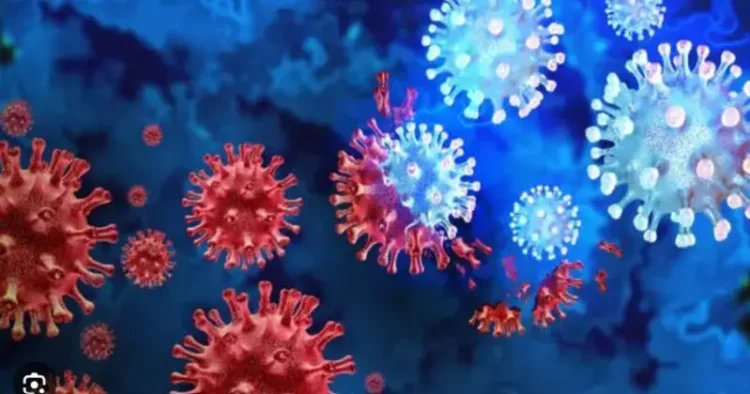The Union Ministry of Health has initiated preparedness measures after a case of the JN.1 subvariant of COVID has been identified in Kerala as part of the ongoing routine surveillance conducted by the Indian SARS-CoV-2 Genomics Consortium (INSACOG), said a government release on Saturday, December 16, 2023.
Dr Rajiv Bahl, Director-General of the Indian Council of Medical Research (ICMR), confirmed this development during a press briefing in New Delhi.
A mock drill is underway in health facilities across states, evaluating public health and hospital readiness. This exercise, overseen by district collectors, commenced on December 13 and is scheduled for completion by December 18, 2023.
The Union Ministry of Health maintains regular communication with the State Department of Health in Kerala and closely monitors various points of entry.
While the majority of cases in Kerala are reported to be clinically mild, the health authorities emphasize the importance of ongoing vigilance and preparedness to effectively manage the evolving situation related to COVID-19 variants.
The India SARS-CoV-2 Genomics Consortium (INSACOG), a network of Genomic Laboratories, has been actively monitoring the genomic aspects of COVID-19 in India.The detection of the JN.1 subvariant is in line with revised surveillance guidelines that involve testing patients with Influenza-Like Illness (ILI) and Severe Acute Respiratory Infection (SARI) for COVID-19. Positive cases are then referred for Whole Genome Sequencing (WGS).
The specific case of JN.1 was identified in an RT-PCR positive sample from Karakulam, Thiruvananthapuram, Kerala, on December 8, 2023. The patient, who initially tested positive on November 18, 2023, experienced mild symptoms of ILI and has since recovered from COVID-19.
Earlier on december 16, a senior consultant in Chest Medicine at Delhi’s Ganga Ram Hospital, Dr Ujjwal Prakash, addressed the emergence of this variant, underlining that while there’s no need for panic, vigilance is crucial.
Prakash explained that JN.1, similar to other variants and sub-variants observed globally, is a mild variant causing upper respiratory symptoms.
The reported symptoms include fever, runny nose, sore throat, headache, and, in some cases, mild gastrointestinal symptoms. The doctor emphasised that most patients experience these mild upper respiratory symptoms, which typically improve within four to five days. JN.1 was first detected in September 2023 in the United States.




















Comments